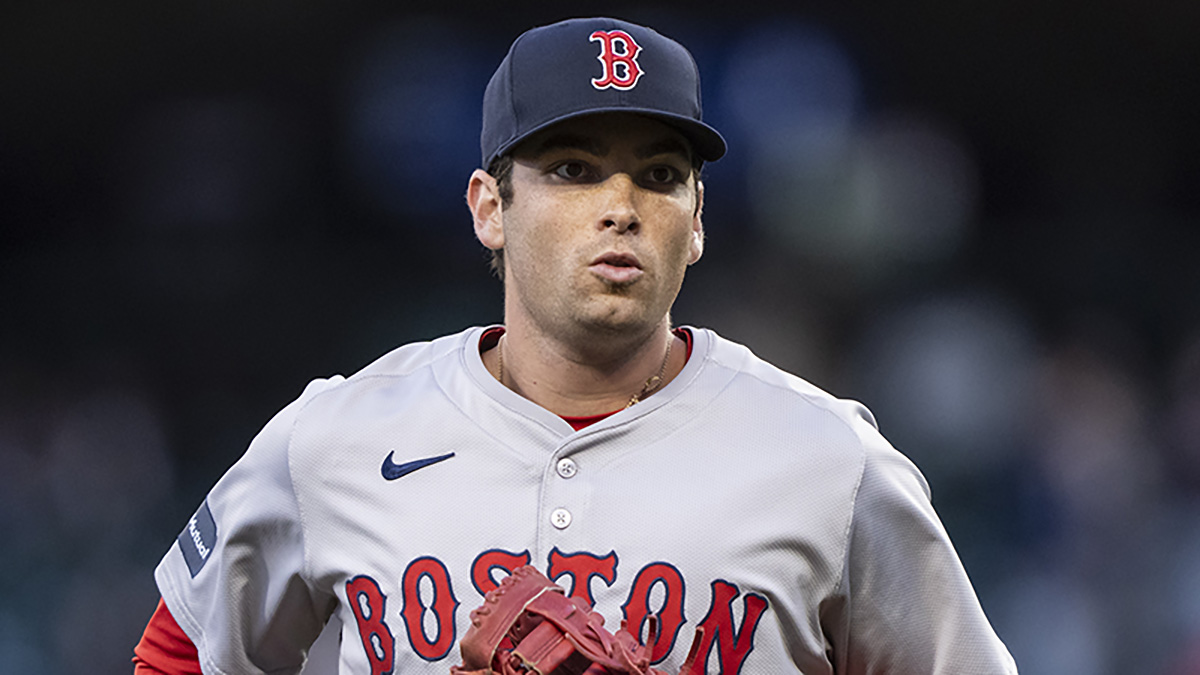
Jim Rice’s 15-year wait to get into the Hall of Fame doesn’t sound so bad in comparison to the limbo Luis Tiant finds himself in.
The cigar-smoking El Tiante, now 77, is one of 10 people who can gain entry to Cooperstown through a committee vote during the winter meetings. He needs at least 12 of 16 votes to make it.
Saul Wisnia, an author assisting Tiant in his upcoming autobiography, points out that Tiant's 66.1 wins above replacement lifetime puts him ahead of three other pitchers from his era who are in the Hall of Fame: Don Drysdale (61.2), Jim Bunning (60.3) and Catfish Hunter (36.6).
Tiant sits at No. 40 on the Baseball-Reference lifetime WAR list. No. 39, at 66.5 WAR, is Hall of Famer John Smoltz.
Even when discussing statistics that sound promising for Tiant, something can be lost with time: a sense of the greater context, both for the journey of the player and the journey for the person, really. The understanding of everything that went into those numbers.
Is there a point where a pitcher whose stats may be borderline becomes, when viewed as a whole, a worthy candidate because of the path behind them? Do we really remember and appreciate what it was like for Tiant as a Cuban pitcher coming to America in the 1960s, and what weight does that carry?
Boston Red Sox
"People don’t know what we go through," Tiant said. "You have to be a Cuban to know what we go through, through all of life. All this time, we went 46 years away from my country, from my family."
Tiant's returned to Cuba twice in his life, both times in the new millennium. In 1961, when he was in Mexico and made the choice not to return home because of the political climate, he didn't know if he would ever make it back — or ever see his family again.
In one of the great moments of Tiant's career, Fidel Castro granted permission for his parents to watch him pitch a game at Fenway Park (below).
When Tiant first arrived in the U.S., the vitriol was rampant.
“I get the worst sides of life, Cuban and black,” Tiant said. “And then coming here, and not speaking the language makes it worse. See and then the towns you play, or the state where you play … they’re not liking us. They’re screaming at us, they treated us like a dog. We can’t do anything, we can’t stay in the same hotels where the players stay, we can't eat in the same restaurant they eat, and when we go on the road the players have to bring you the food, the white players bring you the food to the bus. That’s the only way we can eat.
“They stay in the hotel and we have to stay in the black section. At some peoples’ house, they rent it for us. And that’s the way it was, the people, the fans, they call you names, all game. All game. … You don’t want people to call you names, telling you they’re going to hang you, send you back to Africa. I tell them, people don’t understand what we have to go through. And that’s what bothers me more than anything.”
Tiant went 229-172 with a 3.30 ERA in a 19-year career. Sports Illustrated's Jay Jaffe, an expert on the Hall of Fame process, wrote earlier this month, “Via the advanced metrics, Tiant is about seven wins off the career WAR standard for enshrined starters, and six off the peak.”
“One has to give him substantial credit for cultural ambassadorship to justify a vote for enshrinement,” Jaffe continued.
Credit for ambassadorship may not necessarily fully encompass credit for hardship, however.
The Hall does seem meaningful to Tiant, even if he says otherwise.
“I don’t give a damn about it, whatever happens, happens,” Tiant said. “These people do whatever they want to do. … That’s a crazy thing they be doing. I don’t want to be sitting down and worrying about it anymore. I just, sit here. I’m still alive. If they put me in before I’m dead, fine, if not, what are you going to do?”
The vote is Dec. 10, and results will be announced live at 6 p.m. on MLB Network. The other nine on the 10-person ballot with Tiant: Steve Garvey, Tommy John, Don Mattingly, Marvin Miller, Jack Morris, Dale Murphy, Dave Parker, Ted Simmons, and Alan Trammell.
Tiant is a part of what’s now called the Modern Era ballot, one of four era ballots that the Hall rotates through, one each year. A 16-member committee votes on their candidacy — much smaller than the pool of voters for players on the traditional writers’ ballot — with the standard 75 percent required.
From the Hall’s press release: “The 10 Modern Baseball Era finalists were selected by the BBWAA-appointed Historical Overview Committee from all eligible candidates among managers, umpires, executives and players whose most significant career impact was realized during the time period from 1970 through 1987.”




